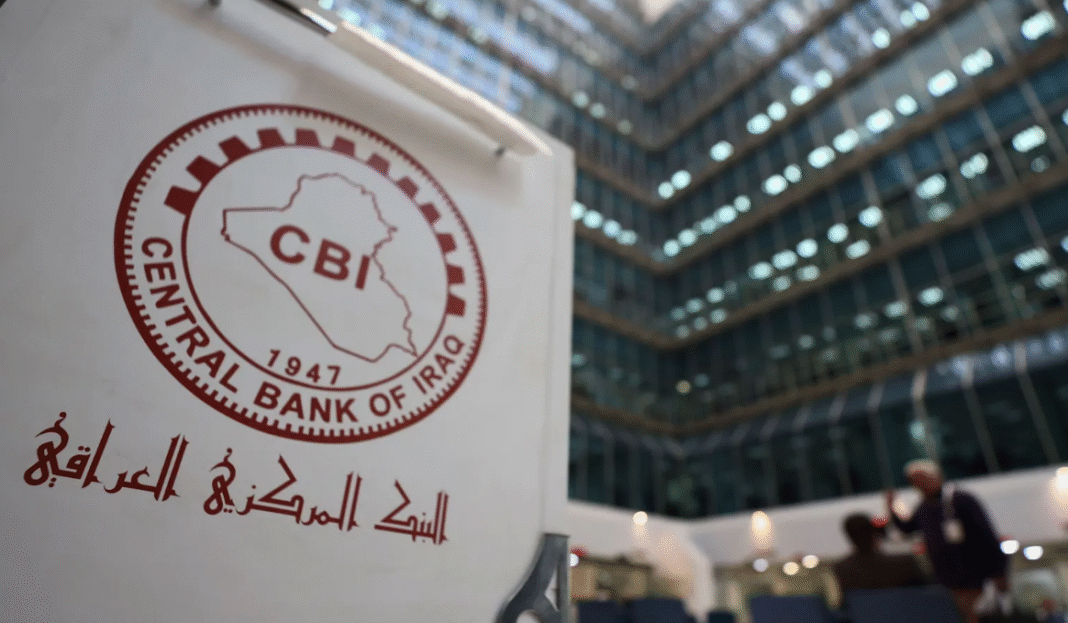Iraq experienced a decline in both exports and imports in the second quarter of 2025, the Central Bank of Iraq (CBI) reported. The figures highlight continuing fluctuations in Iraq’s trade activity amid changing global markets and domestic economic adjustments.
Total exports in Q2 2025 reached $23.285 billion, down from $24.112 billion in the first quarter. Crude oil remained the backbone of Iraq’s exports, accounting for $20.956 billion of the total. Petroleum products contributed $981 million, while other exports, including non-oil goods, totaled $1.347 billion. Analysts note that the decline in crude oil exports was the main driver of the overall reduction in export revenue.
Imports also fell during the quarter, reaching $17.534 billion, compared to $18.158 billion in Q1. Government imports accounted for $1.813 billion, while the private sector contributed $15.993 billion. The decline in imports reflects tighter fiscal management and slower demand from both public and private sectors. Observers suggest that the drop could also be linked to regional supply chain adjustments and rising global energy costs.
Economic analysts emphasize that Iraq’s trade balance remains heavily influenced by oil revenues. The country continues to rely on crude exports to fund public services, infrastructure projects, and salary payments. The decline in oil-related export revenues highlights the vulnerability of Iraq’s economy to global price shifts. At the same time, private sector imports show resilience, signaling ongoing domestic consumption and investment activity.
The CBI data underlines the need for Iraq to diversify its export base and strengthen non-oil industries to reduce economic dependence on crude oil. Policymakers should actively support agriculture, manufacturing, and trade to build a more balanced and sustainable economy.
The second-quarter data provides a snapshot of Iraq’s current economic challenges and opportunities, showing that while oil revenues remain critical, non-oil trade and private sector activity will play an increasingly important role in stabilizing the economy.


